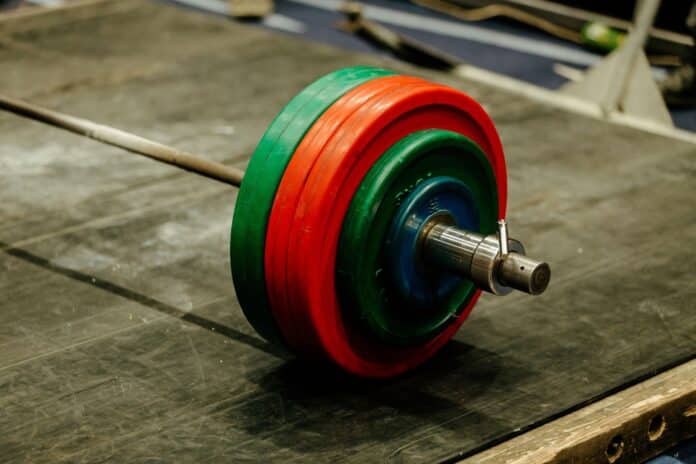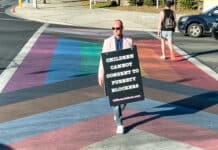
The legal saga surrounding a biological male attempting to compete in women’s powerlifting took a dramatic turn this week after a new court ruling was handed down from the Minnesota Court of Appeals.
JayCee Cooper, a transgender Minnesotan who was born a man yet identifies as a woman, was prevented from participating in women’s powerlifting competitions that were sponsored by USA Powerlifting (USAPL) several years ago. In 2018, a representative from USAPL told Cooper that “male-to-female transgenders are not allowed to compete as females in our static strength sport as it is a direct competitive advantage.”
Further, the USAPL representative told Cooper, “The fact that transgender male to female individuals have gone through male puberty confers an unfair competitive advantage over non-transgender females due to increased bone density and muscle mass from pubertal exposure to testosterone … ”
In 2021, Cooper filed a lawsuit against USAPL alleging discrimination and violation of the Minnesota Human Rights Act.
After a Ramsey County District Court judge ruled “that Cooper’s evidence is conclusive proof of discrimination based on both sexual orientation and sex,” USAPL appealed to the Minnesota Court of Appeals in 2023. This week, the Minnesota Court of Appeals reversed the ruling of the lower court, sending the case back to the district court for trial.
“The district court erred by granting Cooper’s motion for partial summary judgment on her first and third claims, which allege discrimination based on sexual orientation in a place of public accommodation and in business, because there are genuine issues of material fact as to whether USAPL’s decision to exclude Cooper from competing in the women’s division of its competitions was motivated by her sexual orientation,” the Court of Appeals said in its 2-1 decision.
“We therefore reverse the district court’s February 27, 2023 and April 11, 2023 orders for injunctive relief.”
In a statement to PowerLine, Ansis Viksnins, an attorney representing USA Powerlifting, said:
“We are pleased that the appellate court corrected the serious mistakes made in the lower court and has provided us an opportunity to tell our side of the story to a Ramsey County jury. USA Powerlifting did not exclude JayCee Cooper from the women’s category because of her gender identity. USA Powerlifting excluded her from competing in the women’s division because of her physiology: she was born biologically male and USAPL does not allow athletes who went through male puberty to compete in the women’s division.
Maintaining separate categories based on sex, age, and weight is necessary so that similarly situated athletes are competing in appropriate categories and have fair opportunities of success. Scientific studies show that athletes who have gone through male puberty enjoy a large strength advantage over athletes who go through puberty as a female. The scientific studies also show that suppressing testosterone only reduces the strength advantage by a very minimal amount. Because powerlifting is a strength sport, the strength differences between competitors who were born male and those who were born female are significant. Today’s decision is a victory for fairness in sports.”
Gender Justice, a left-wing advocacy group representing Cooper, released a statement on the court’s decision.
“The Court of Appeals affirmed that it is illegal to discriminate against transgender people in sports, but sent the case back down for trial to determine whether that is what happened here,” said a representative from Gender Justice. “We believe that it is crystal clear that JayCee Cooper experienced exactly this kind of discrimination, and we are confident that the courts will ultimately agree.”
















